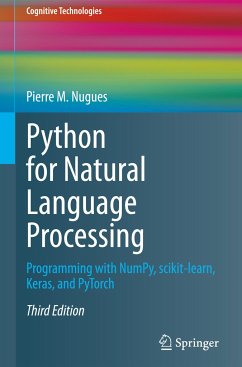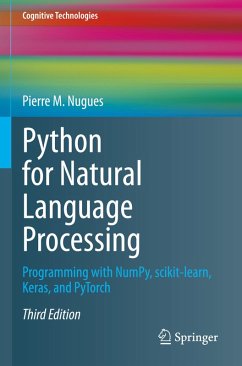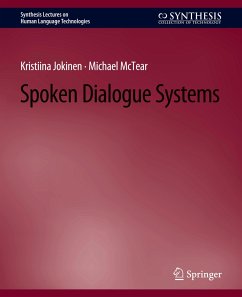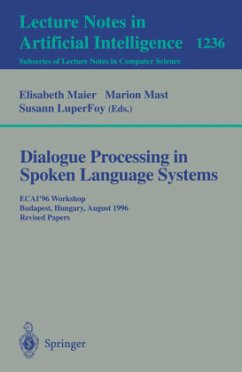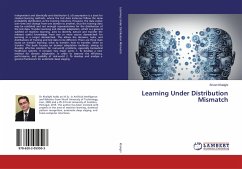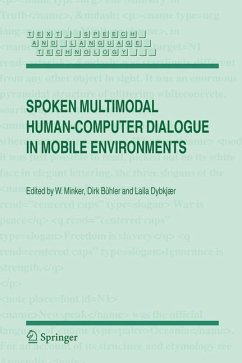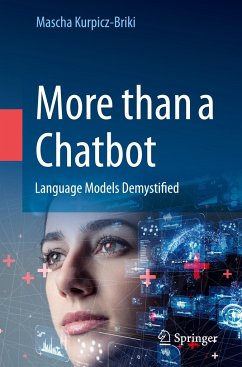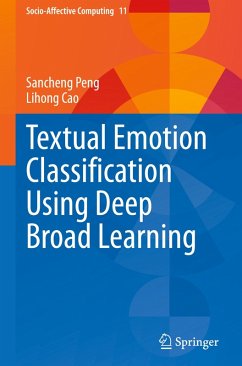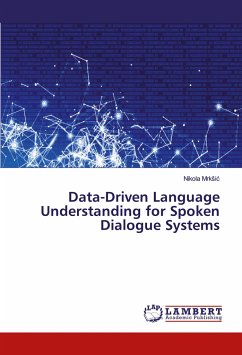
Data-Driven Language Understanding for Spoken Dialogue Systems
Versandkostenfrei!
Versandfertig in 6-10 Tagen
41,99 €
inkl. MwSt.

PAYBACK Punkte
21 °P sammeln!
Spoken dialogue systems provide a natural conversational interface to computer applications. In recent years, the substantial improvements in the performance of speech recognition engines have helped shift the research focus to the next component of the dialogue system pipeline: the one in charge of language understanding. The role of this module is to translate user inputs into accurate representations of the user goal in the form that can be used by the system to interact with the underlying application. The challenges include the modelling of linguistic variation, speech recognition errors ...
Spoken dialogue systems provide a natural conversational interface to computer applications. In recent years, the substantial improvements in the performance of speech recognition engines have helped shift the research focus to the next component of the dialogue system pipeline: the one in charge of language understanding. The role of this module is to translate user inputs into accurate representations of the user goal in the form that can be used by the system to interact with the underlying application. The challenges include the modelling of linguistic variation, speech recognition errors and the effects of dialogue context. Recently, the focus of language understanding research has moved to making use of word embeddings induced from large textual corpora using unsupervised methods. The work presented in this thesis demonstrates how these methods can be adapted to overcome the limitations of language understanding pipelines currently used in spoken dialogue systems.



